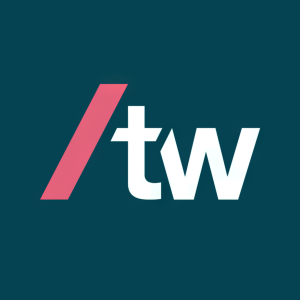Latest Thoughtworks Technology Radar Proclaims: Embrace Conway’s Law as There’s No Escaping It
In its 11th year, the bi-annual report from global technology consultancy
Created by
“For all the progress we’ve made in driving adoption of agile and microservices, which are solid examples of how organizations have improved the autonomy of teams to increase the pace of change, it amazes me how some organizations continue to try to circumvent Conway’s Law,” said Dr.
Highlighted themes included in Technology Radar Vol. 25 include:
- The slippery slope of convenience: Software tends toward complexity when left to its own devices. As software systems become more complex, development teams must show diligence to both create and maintain thoughtful architecture and design.
- Clever tech we shouldn't need: Many in the software world prize clever solutions to complex problems, yet often those clever solutions result from self-inflicted accidental complexity. Rather than jump to more technology to solve a problem, teams should do root cause analysis, address the underlying essential complexity and course correct.
- Adapting Kafka: Kafka continues toward status as a de facto standard for asynchronous publish/subscribe messaging at volume. In this edition of the Radar we discussed a number of topics where teams are employing tools to adapt to/from Kafka.
- Fewer technology platforms on the Radar: We found a serious drop in the number of platform-related blips in this edition of the Radar, which we attribute to the increased consolidation on some industry standards. Does this mean that platforms no longer matter?
- Conway's is still the law: Many architects cite Conway's Law to justify changes to team organization, and we discovered across several nominated blips in this edition that an organization's team structure remains a key enabler when handled well and a serious impediment when handled poorly.
Visit www.thoughtworks.com/radar to explore the interactive version of the Radar or download the PDF version.
Supporting Resources:
-
Keep up with
Thoughtworks news by visiting the company’s website - Follow us on Twitter, LinkedIn and YouTube.
About
View source version on businesswire.com: https://www.businesswire.com/news/home/20211027005304/en/
Email: linda.horiuchi@thoughtworks.com
Phone: +1 (646) 581-2568
Source:







